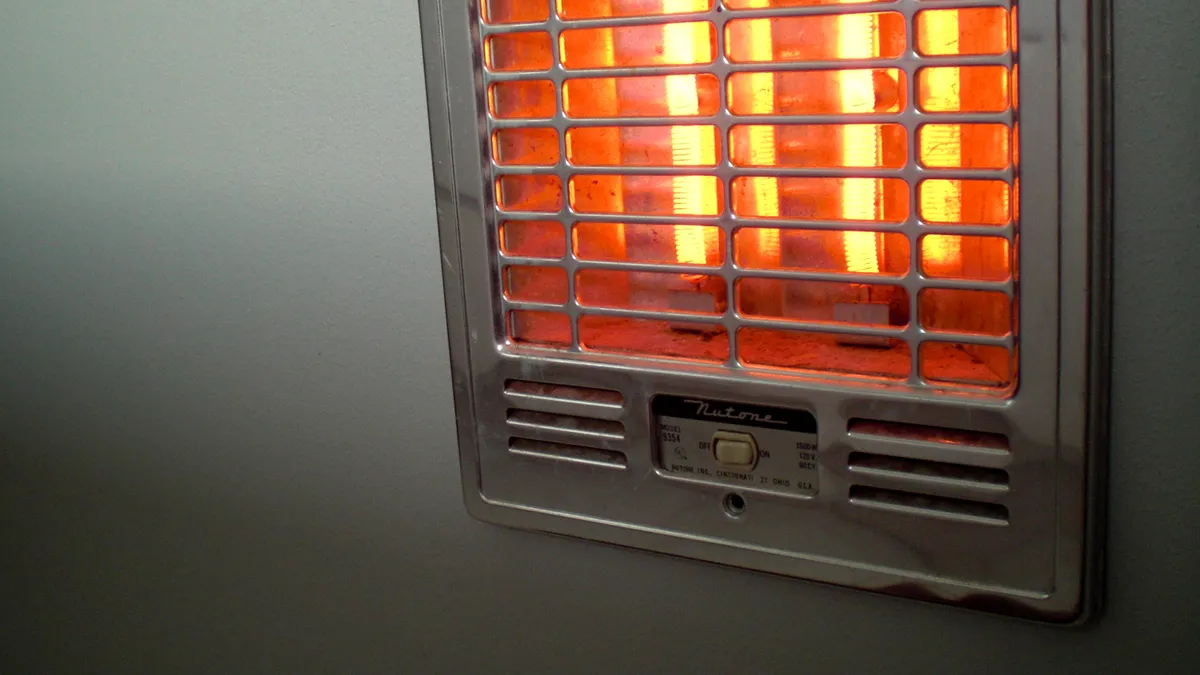Dive Brief:
- By utilizing electricity to heat residential and commercial buildings, the United States could cut 10% of its annual carbon emissions, according to a new report released Thursday by the Rocky Mountain Institute (RMI).
- The report highlights just how widespread carbon reduction efforts will need to be in order to make a significant difference. A zero-carbon electric grid, for instance, would reduce the country's emissions by less than a third. Building heating, transportation, industrial activity and the electric grid are responsible for about 70% of emissions, RMI said.
- The report suggests prioritizing retrofits for homes that now provide heat with propane and heating oil and ending the expansion of natural gas distribution infrastructure, particularly to new housing developments.
Dive Insight:
Long-term decarbonization will take a concerted effort across many industries, and RMI's report illustrates the large scope of the challenge and opportunities.
"While many regions of the country have made little progress toward electrification of residential buildings, widespread electrification will be a crucial lever to support decarbonization goals," RMI said in a statement announcing the new research. "Converting the U.S. electric grid to produce zero carbon is not enough to achieve policy goals."
The report called for a focus on electrification in new construction, particularly with regard to new housing developments using natural gas. Along with tackling the use of fossil fuels for heat, RMI suggested "bundling energy efficiency measures and so-called demand flexibility programs that use new utility rate designs with electrification initiatives."
Updating energy efficiency resource standards and expanding demand flexibility for electric space- and water-heating will also help, the group said. Right now, only 1% of the country's 50 million existing electric water heaters participate in demand response programs, according to the report, while also noting that demand management will "mitigate system costs and aid renewables integration."
"Effective emissions-reduction efforts in support of deep decarbonization goals must include a robust — and rapid — expansion of electrification of homes and businesses," RMI manager and study co-auhor Mike Henchen said in a statement.
Several market trends, including declining prices of electric heat pumps and increasing grid value of demand flexibility, "should help speed this transition while delivering Americans both lower heating costs and a cleaner environment," Henchen said.
Last year, the United States pulled out of the Paris climate accord, which aimed to limit global warming to 2°C this century, and translated into an 80% economy-wide decarbonization goal for the U.S. by 2050.















